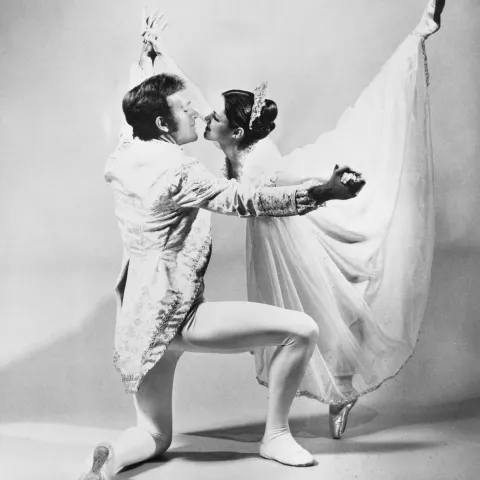In this program, recorded December 8, 1977, Senator Ernest F. Hollings discusses the Panama Canal Treaty that was at the time being debated in the Senate. The treaty was presented in 1967, but involvement in the Vietnam War and Watergate had delayed its progress. The treaty had been under study for ten years, as visits to the Canal were made by various members.
In his conversation with Beryl Dakers, Senator Hollings brings up self-determination and anti-colonialism, and states that the Pentagon recently added a section to the second treaty, guaranteeing in perpetuity the right militarily to keep the Canal open for free access to all the nations of the world. There is also a section that says that no persons from another country other than the Republic of Panama can operate or defend the canal.
Senator Hollings speaks of the Panamanians as having pride related to self-determination and self-destiny, and speaks of the importance of human rights and that America is an inspiration. The Senator quotes Adlai Stevenson, years ago, regarding the Declaration of Independence that proclaimed the rights of men everywhere. Those words went ringing around the world and we were the hope of all the world's oppressed. Today, that is the American inspiration, the moral force of our position.
View the full interview and for more on this topic, view the Firing Line Debate from the Hoover Institution website linked below:
Firing Line Debate: Resolved: That the Senate Should Ratify the Proposed Panama Canal Treaties
January 13, 1978
This two-hour debate, the first one done specially for Firing Line, is said to have influenced the subsequent Senate debate on the treaties-and also Mr. Reagan's electability as President two years thence. Each principal was to bring two seconds and a military expert. Mr. Bunker was present to answer any technical questions about the treaties. The result was at once a brilliant duel and a model of civilized discourse on an emotional topic.
Two samples:
William F. Buckley, Jr. (WFB): "Well, let me ask you to give me the answer to a question which you cannot document, but in which I permit you to consult only your insight. Would you guess that the Panamanian people would prefer, or not prefer, to exercise sovereignty over their own territory? Take as long as you want to answer that."
Ronald Reagan (RR): "I was just sitting here wishing that I had with me the transcript of the impassioned plea that was made to United States senators at a meeting of the Civil Council a week or so ago in Panama.... The speaker was a black-Panamanian, not an American. His father, a West Indian, worked on the Canal, in building the Canal. The speaker had worked all his life on the Canal, and his impassioned plea was, even though he was a Panamanian, 'Don't! Don't do this! Don't ratify those treaties!' "
---
WFB: "Do you mean, Would President Carter, as Commander in Chief-"
Patrick J. Buchanan (PJB): "And would the Senate support him?"
WFB: "-would he assert American rights in the Panama Canal? In my judgment he would. Yes, sir."
PJB: "... With regard to South African and Chilean vessels, or vessels going to and from those two pariah countries?"
WFB: "We have a guarantee that antedates this treaty to see to it that nondiscriminatory passage is guaranteed. It's the Hay-Pauncefote Treaty."
PJB: "Right, but do you think American Marines would go in to guarantee passage to vessels headed for South Africa?"
Side Notes
The Panama Canal Treaty and the Neutrality Treaty were signed on September 7, 1977. The treaties were ratified by the U.S. Senate in 1978.
View more of our ETV Classics here.

